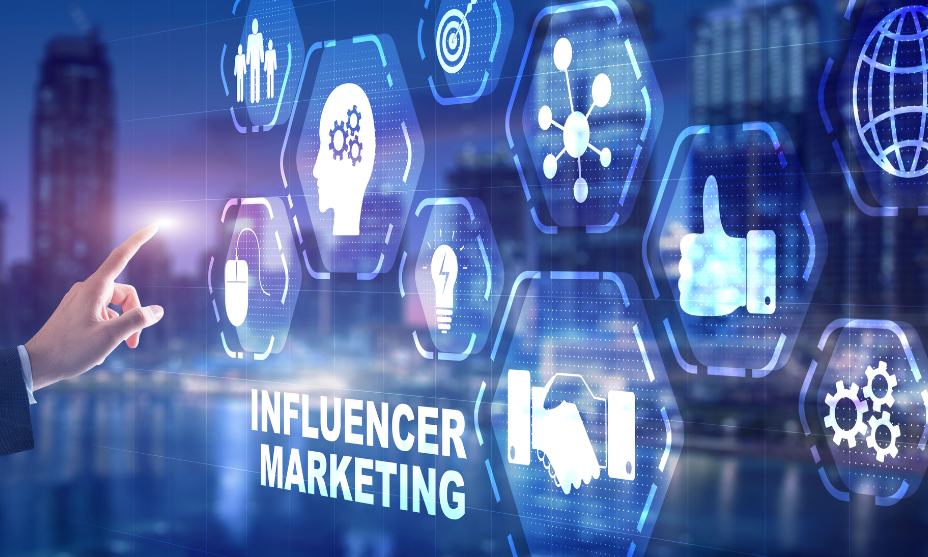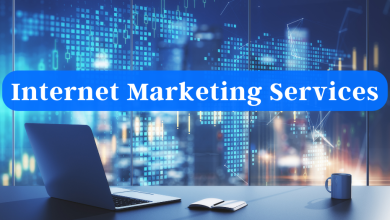Navigating the Emerging Technologies in Online Brand Marketing

In this multi-faceted digital marketing industry world, staying updated on the latest trends and emerging technologies is crucial for brands seeking to maximize their online presence and effectively engage with their prospects. With technology continuously evolving, the field of digital marketing is also going through a tremendous transformation.
This comprehensive digital marketing guide explores significant trends and emerging technologies shaping the way online brands promote themselves and engage with their audiences online.
Top Technologies in Online Brand Marketing:
In the section below, the leading technologies that are shaping the online marketing sector are listed in detail.
Data-driven Marketing with Internet of Things
At its core, IoT is a network of physical things embedded with software, sensors, and connectivity tools, allowing them to gather and exchange information with other systems and devices online. These connected systems and devices can be daily objects like light bulbs, thermostats, wearable technology devices like fitness trackers, and vehicles.
IoT devices are allowing digital marketers to harness real-time data from different sources, giving them valuable insights into consumer preferences and behaviours. The data collected helps marketers design highly targeted marketing campaigns and offer tailored content offers and recommendations that resonate with specific customers.
Micro-Influencers
While influencer marketing is still a popular advertising strategy, the tide is changing towards micro-influencers. These people have smaller and more targeted audiences, with higher engagement rates. As such, collaborating with micro-influencers allows online brands to leverage niche communities and develop authentic connections with customers.

Micro-influencing can also help to generate engaging user-generated content, driving meaningful engagement and expanding brand reach. For example, cosmetic companies are partnering with social media influencers to promote their products and drive meaningful engagement to their brands. In the gambling sector, user-generated content like the BetUS review is also playing a key role in helping operators get new customers.
Voice Search Optimization
Voice search is transforming the digital landscape by giving users hands-free access to the information they need. For instance, you can find the best restaurants near you by simply using your voice to search the internet for reliable information. This technology started in the 2010s, influenced by the advances in natural language processing and speech recognition. Today, voice search is a common feature in smart speakers, smartphones, and other devices.
In the marketing sector, voice search is transforming how people find information online. Instead of typing the queries, people now prefer speaking to their devices. That has huge implications for search engine optimization, meaning that businesses must adapt to how people ask questions and talk. For instance, instead of typing “best designer shoes”, a person can say “Which are the best designer shoes for going on a vacation?”
With that in mind, SEO professionals for voice search need to understand natural language processing, user intent, and schema markup. Focusing on voice search when optimizing your site can help you to better connect with your customers, enhance user experiences, and remain competitive online.
Artificial Intelligence & Machine Learning
AI and ML have transformed how online marketers analyze data, personalize customer experiences, and automate tasks. With AI-powered chatbots, businesses can offer instant and customized user support. Machine Learning algorithms, on the other hand, can optimize advertising campaigns using real-time data.

By harnessing the power of ML and AI, online brands can streamline their processes, deliver personalized marketing narratives, and enhance targeting accuracy. Artificial intelligence also helps online businesses cross-sell and upsell, and it reduces the cart abandonment rate.
Augmented and Virtual Reality (AR & VR)
Virtual reality and augmented reality in marketing are transforming how online brands engage with their prospects. Augmented reality delivers interactive, location-based experiences through smartphone apps, allowing their customers to engage with services and products within their surroundings. For instance, clothing retailers can use AR to allow their customers to see how their clothes would look on them without leaving their homes.
AR and VR allow businesses to host virtual showrooms, virtual events, and immersive product demonstrations. For example, a popular car manufacturer developed a virtual reality showroom for potential buyers to explore their latest models, take VR test drives, and customize features. This immersive experience has significantly transformed purchase decisions and customer engagement.
These technologies enhance marketing efforts and reshape the whole business’s operations. They are revolutionizing remote training and collaboration, helping to reduce errors and improve efficiency. For instance, a major airline is set to adopt augmented reality glasses for aircraft maintenance. That will streamline the airline’s maintenance processes and reduce aircraft downtime.
IoT and Other Connected Devices
The integration of the Internet of Things (IoT) and connected devices is revolutionizing online brand marketing. IoT creates a network of interconnected devices exchanging data, offering marketers unprecedented opportunities for consumer engagement. This transformation extends to advertising, as emerging technologies introduce novel ways to reach and interact with consumers, reshaping the advertising experience. Harnessing the power of these technologies is crucial for businesses aiming to stay competitive and achieve growth.
Content Repurposing
In order to increase the exposure and usefulness of previously created material, a strategy known as “content repurposing” is employed. New technology, such as the IoT and linked gadgets, are crucial in the field of online brand marketing. The revolutionary potential of the Internet of Things (IoT) in online marketing trends can be harnessed by marketers by repurposing content to match IoT capabilities. This allows for more interactive customer engagement.
Conclusion
The key to succeeding in the current online marketing landscape lies in embracing these emerging technologies and understanding how they align with your marketing objectives. That means embracing innovation, experimenting with innovative technologies, and adapting your online marketing strategies to stay on top of the market. These new technologies offer new opportunities driven by data, personalized engagement, and enhanced customer experiences.




